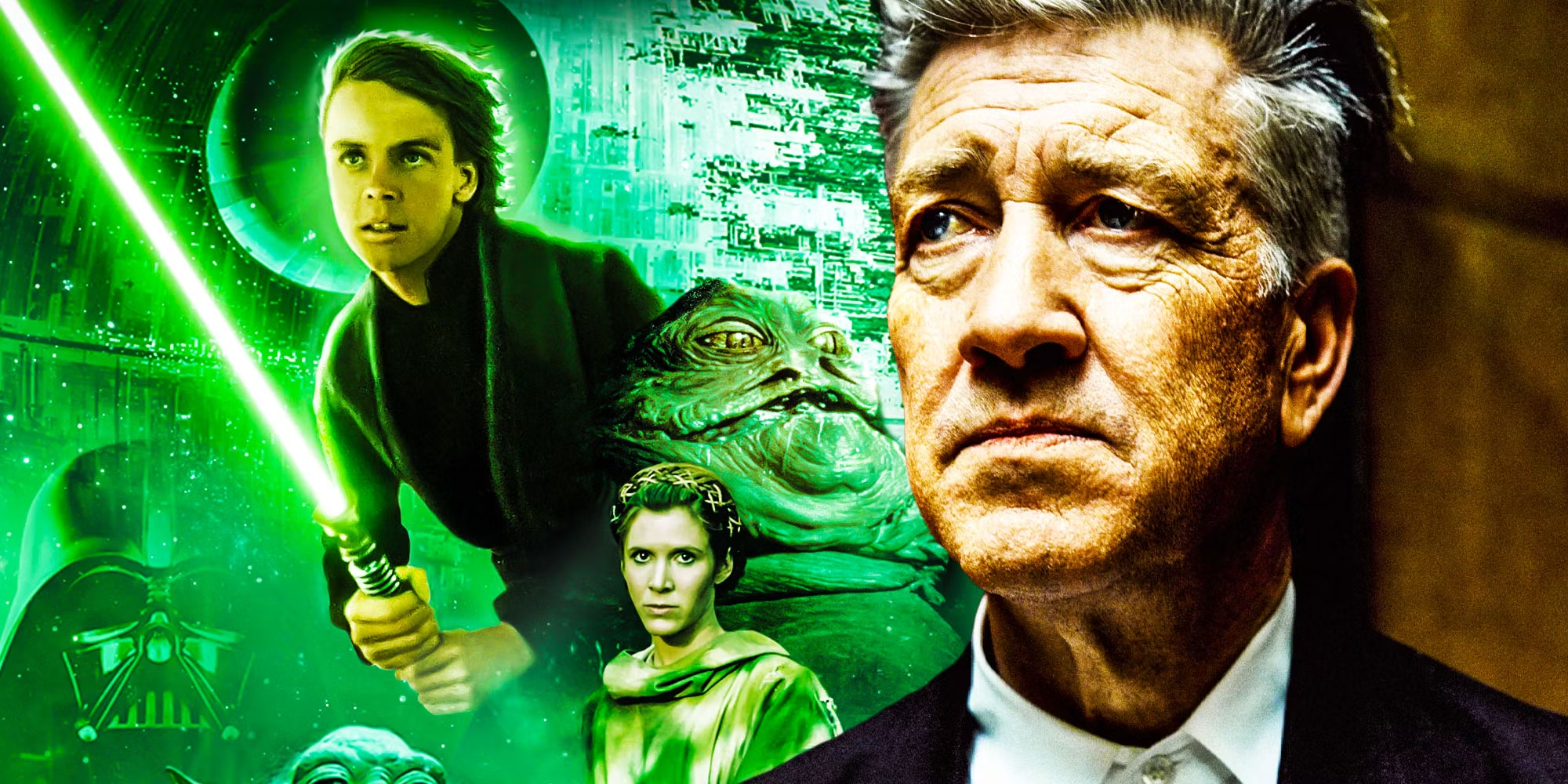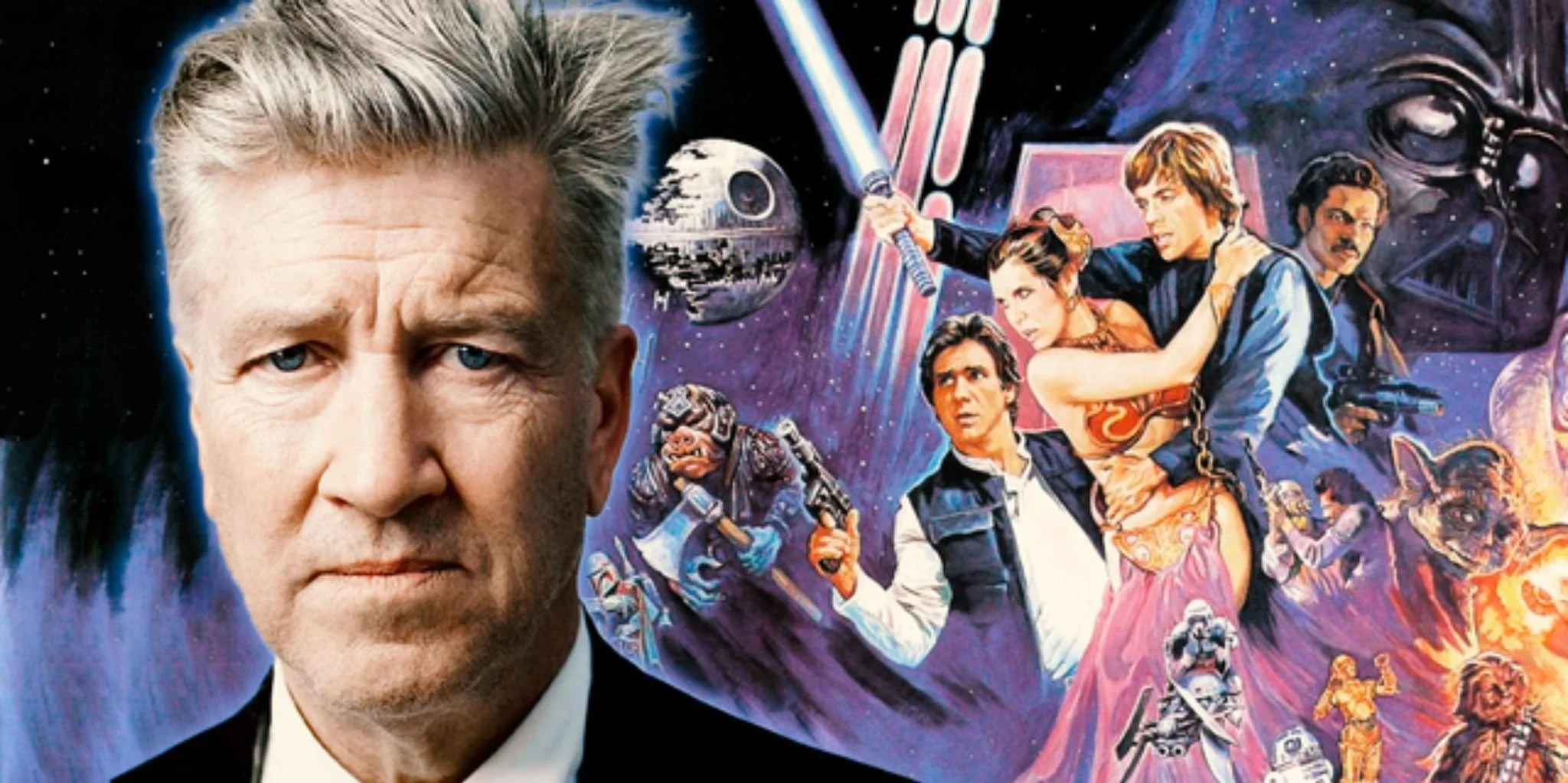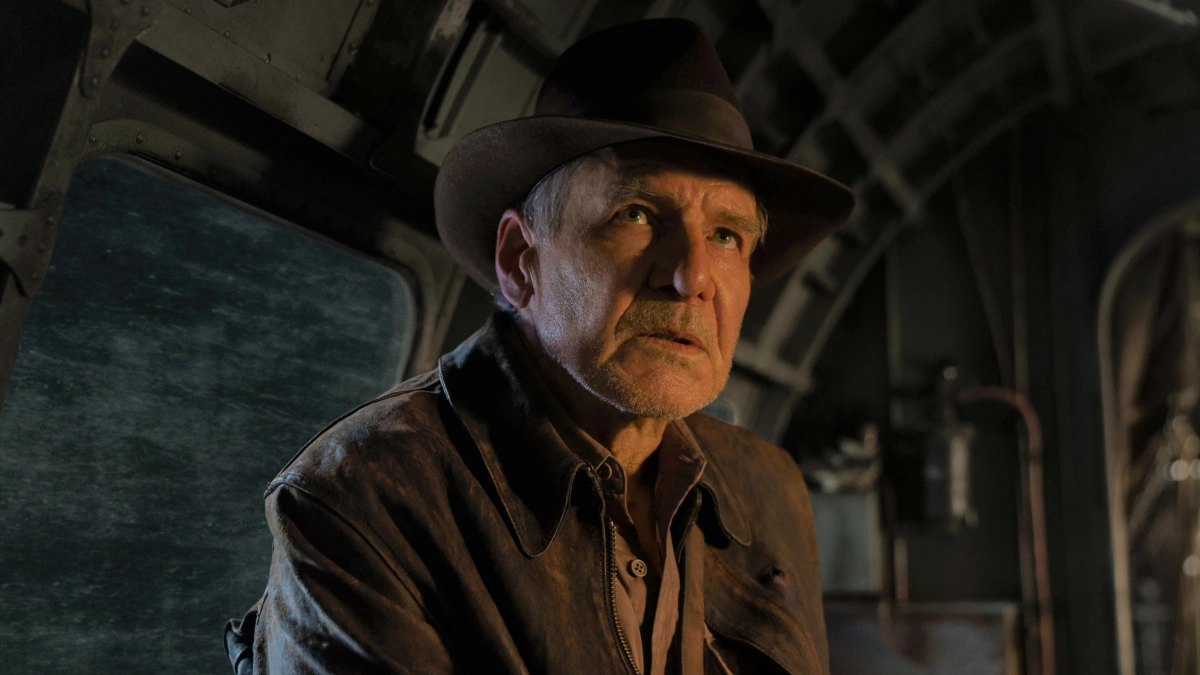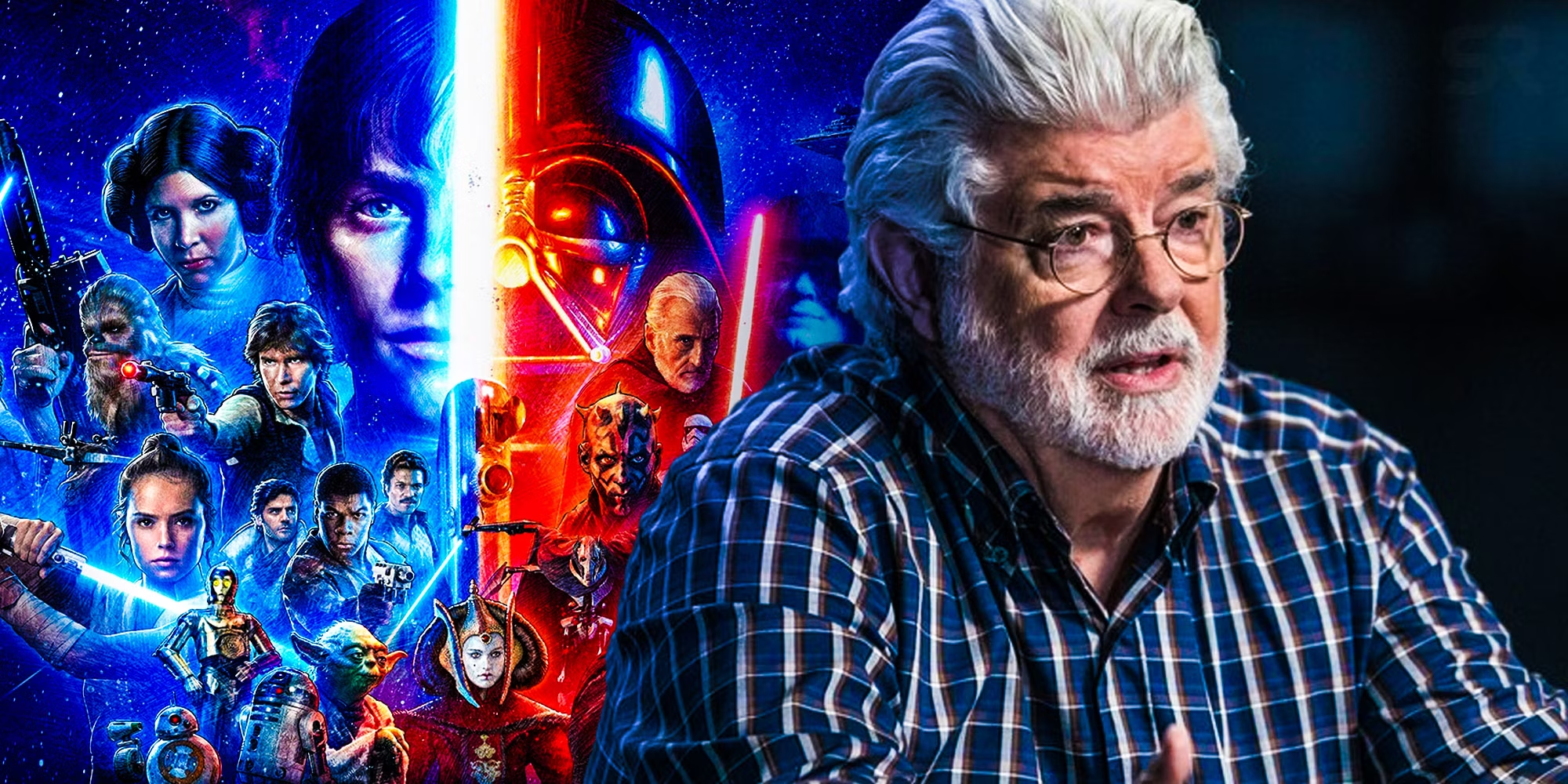The Star Wars saga, masterminded by George Lucas, not only revolutionized the concept of cinematic universes but also etched itself into the annals of pop culture history. Since its debut in 1977, the franchise has amassed a fortune and a fanbase that spans the globe, thanks in part to its innovative storytelling and groundbreaking visual effects. As such, the director’s chair for each installment has always been a hot seat of immense opportunity and responsibility.

The Unexpected Candidate for “Return of the Jedi”
While George Lucas helmed the groundbreaking original Star Wars film, he shifted into a more creatively supervisory role for the sequels. “The Empire Strikes Back” saw Irvin Kershner at the helm, but when it came to “Return of the Jedi,” Lucas initially had a different vision for who might direct. Among the potential candidates was David Lynch, known primarily for his work on “Eraserhead” and “The Elephant Man” – films that stamped his reputation as a surrealist filmmaker with an unmistakably auteurial voice.
Lucas, having admired Lynch’s unique style, reportedly reached out to him to direct what would be the third Star Wars film. Despite the gravity and allure of such an offer, Lynch expressed negligible interest.
I was asked by George to come up to see him about directing what would be the third Star Wars. And I had next door to zero interest.
George Lucas’ Vision Versus David Lynch’s Artistry
The Star Wars creator is renowned not just for his visionary approach but also for his acute business acumen, having crafted a franchise that’s worth billions. In contrast, Lynch’s passions lie in a different kind of filmmaking, one that doesn’t necessarily align with blockbuster expectations. This fundamental difference in creative ethos highlights why Lynch likely felt that the Star Wars universe wasn’t the right fit for him.

The Financial Implications of a Creative Decision
Despite the artistic mismatch, declining such a monumental project did not come without its repercussions. Lynch’s decision left even his legal advisor in disbelief.
George, bless his heart, I told him on the phone the next day that he should direct it. It’s his film. He invented everything about it. But he doesn’t really love directing,” Lynch said, recounting his decision to pass on the project. His lawyer’s reaction was blunt and to the point: “You just lost, I don’t know how many millions of dollars.”
But for Lynch, it was a matter of artistic integrity over financial gain.
Richard Marquand’s “Return of the Jedi”
Ultimately, “Return of the Jedi” was directed by Richard Marquand. The film is often celebrated for its climactic resolution of major character arcs, including Luke Skywalker’s final push against the Empire and Darth Vader’s poignant redemption. Though Marquand’s direction was well-received, one can’t help but wonder how Lynch’s distinct style would have influenced the trajectory of the Star Wars narrative.

Conclusion: The Star Wars That Could Have Been
David Lynch’s refusal to direct “Return of the Jedi” remains a fascinating footnote in the history of the Star Wars saga. His subsequent projects, like the adaptation of Frank Herbert’s “Dune,” suggest that perhaps Lynch was better suited to projects where he could express his full creative vision, albeit with mixed results. As the Star Wars franchise continues to expand, the story of what could have been with Lynch at the helm serves as a reminder of how pivotal a director’s vision is to the storytelling of a cinematic universe.
All films and shows from the Star Wars franchise are currently available to stream on Disney Plus, allowing fans old and new to explore the vast galaxies that George Lucas created.
https://youtu.be/EJQ4vCu-S0U
